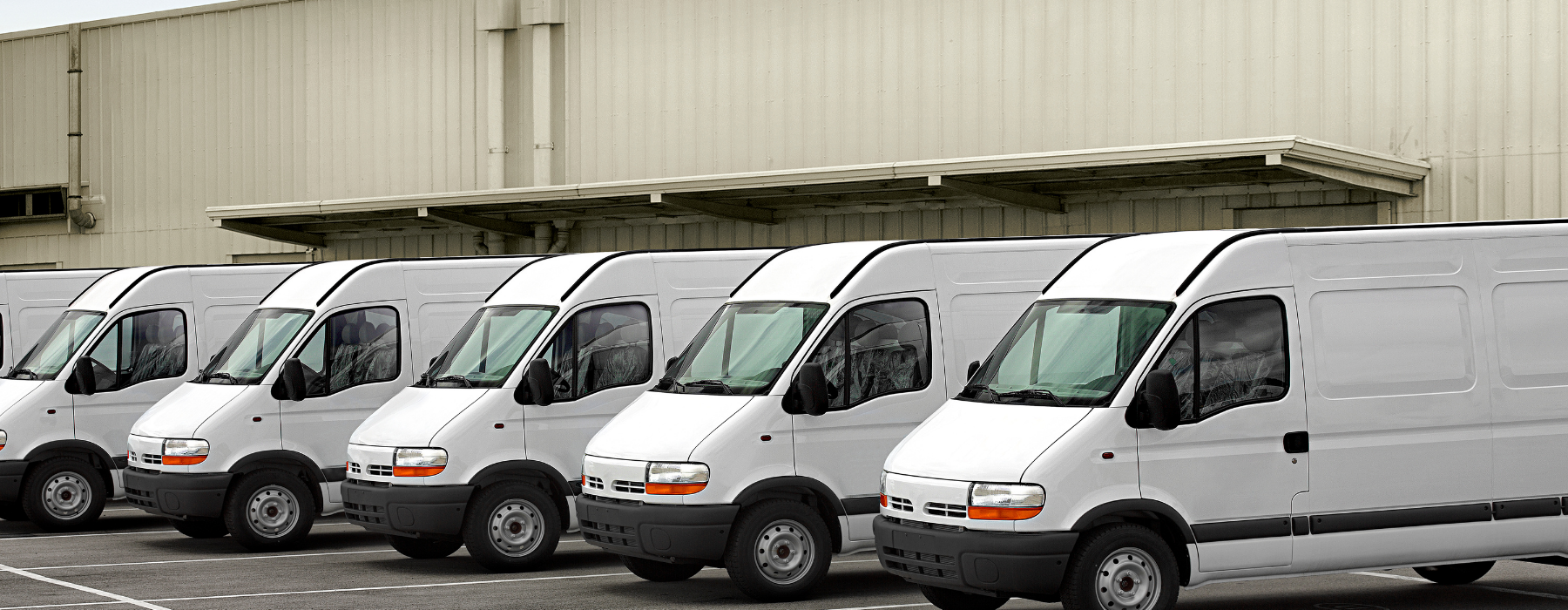Running a fleet of vehicles is a big investment, but are you getting the best value on your fleet insurance policy? Many businesses stick with the same provider for years without realising they could be saving money or getting even better cover. At Insurance Revolution, we focus on providing the most comprehensive protection your business needs. Whether you have a small fleet or a large-scale operation, our team is here to help.
Why Fleet Insurance Needs Careful Attention
Managing a fleet isn’t just about having the right vehicles on the road, it’s about ensuring the insurance properly covers your business’s needs and stays up-to-date with any changes in your operations. Fleet insurance is designed to save time and money, but ignoring the details can lead to higher premiums or gaps in coverage. Here are some common oversights and how to avoid them:
1. Outdated Driver Lists and Mileage Estimates
Failing to update your driver list and mileage estimates can result in your company fleet insurance not aligning with your actual risk profile. For instance, if a high-risk driver leaves your fleet but you forget to notify your insurer, your premiums could unnecessarily rise. Similarly, not updating mileage estimates could result in under-insurance.
Regularly review your driver list and ensure your vehicle mileage is accurately reported. This will keep your small fleet insurance tailored to your business needs and avoid unnecessary costs.
2. Underestimating Vehicle Values or Business Use
Underestimating vehicle values or failing to notify your insurer about changes in how vehicles are used can lead to coverage gaps. Whether it’s using a van to transport heavier loads or changing how often it’s used, these factors can impact the adequacy of your coverage.
Keep vehicle values up-to-date and notify your insurer about any changes in vehicle use. This ensures that your business fleet insurance remains suitable and comprehensive.
3. Not Notifying Insurers of Vehicle Modifications
Many businesses forget to update their company fleet insurance when modifications, like a new roof rack or a more secure sound system, are made to vehicles. Failing to do so could mean an invalid claim if an incident occurs.
Always inform your insurer of any vehicle modifications, no matter how small, to ensure that your fleet insurance policy covers all risks associated with these changes.
Tips to Stay Compliant and Organised
Staying organised is key to managing fleet insurance effectively. Here are some practical tips to help:
- Use Fleet Management Software: Invest in software to track vehicles, drivers, and insurance details. This will make it easier to keep your records up to date.
- Assign a Fleet Manager: For larger fleets, appoint a manager to track insurance requirements and updates.
- Create Regular Reminders: Set reminders to review your policy and ensure everything is up-to-date.
When to Review Your Policy
Regularly reviewing your fleet insurance policy helps you stay in line with your current risk profile. Business owners who renew their policies without reassessing their needs could be overpaying or under-insured. Annual reviews are crucial, especially if your fleet size, vehicle usage, or driver demographics change.
Get the Right Business Fleet Insurance Today
With Insurance Revolution, you don’t just get a policy; you get expert support to ensure you’re fully covered at a competitive price. Whether you’re insuring a small fleet of vans or a large multi-vehicle operation, we’ll help you stay protected.
Get your fleet insurance quote today and keep your business moving!



















